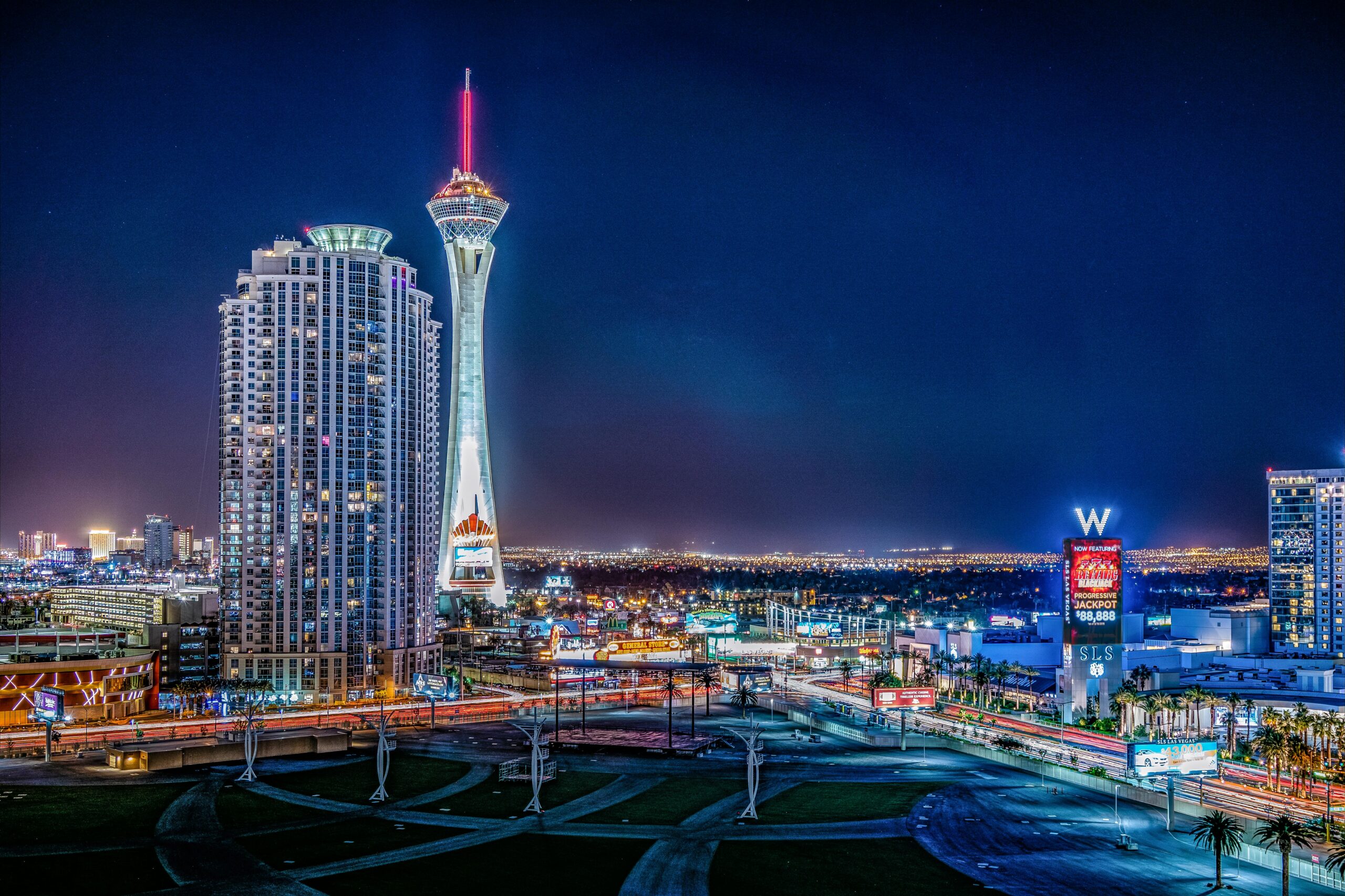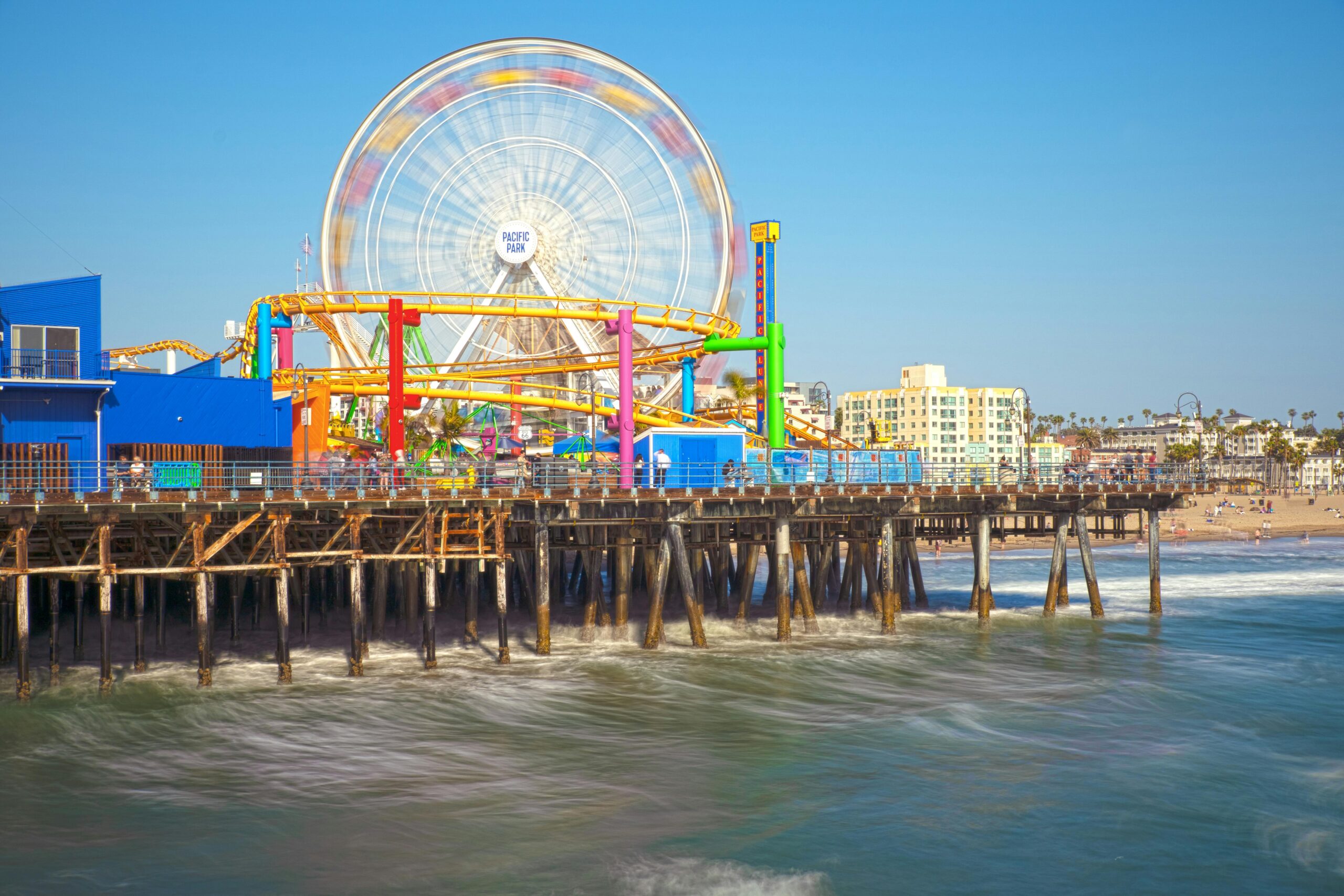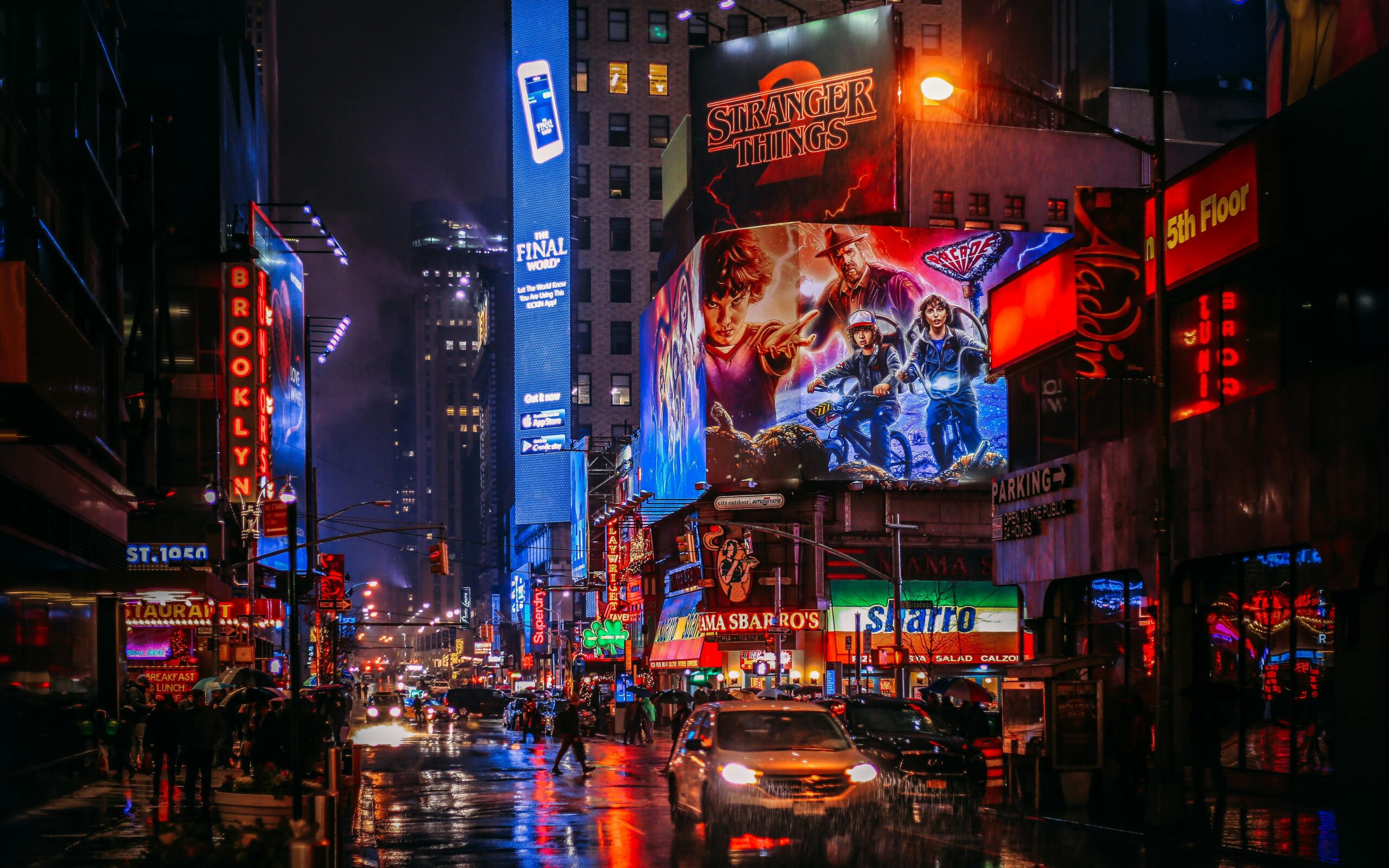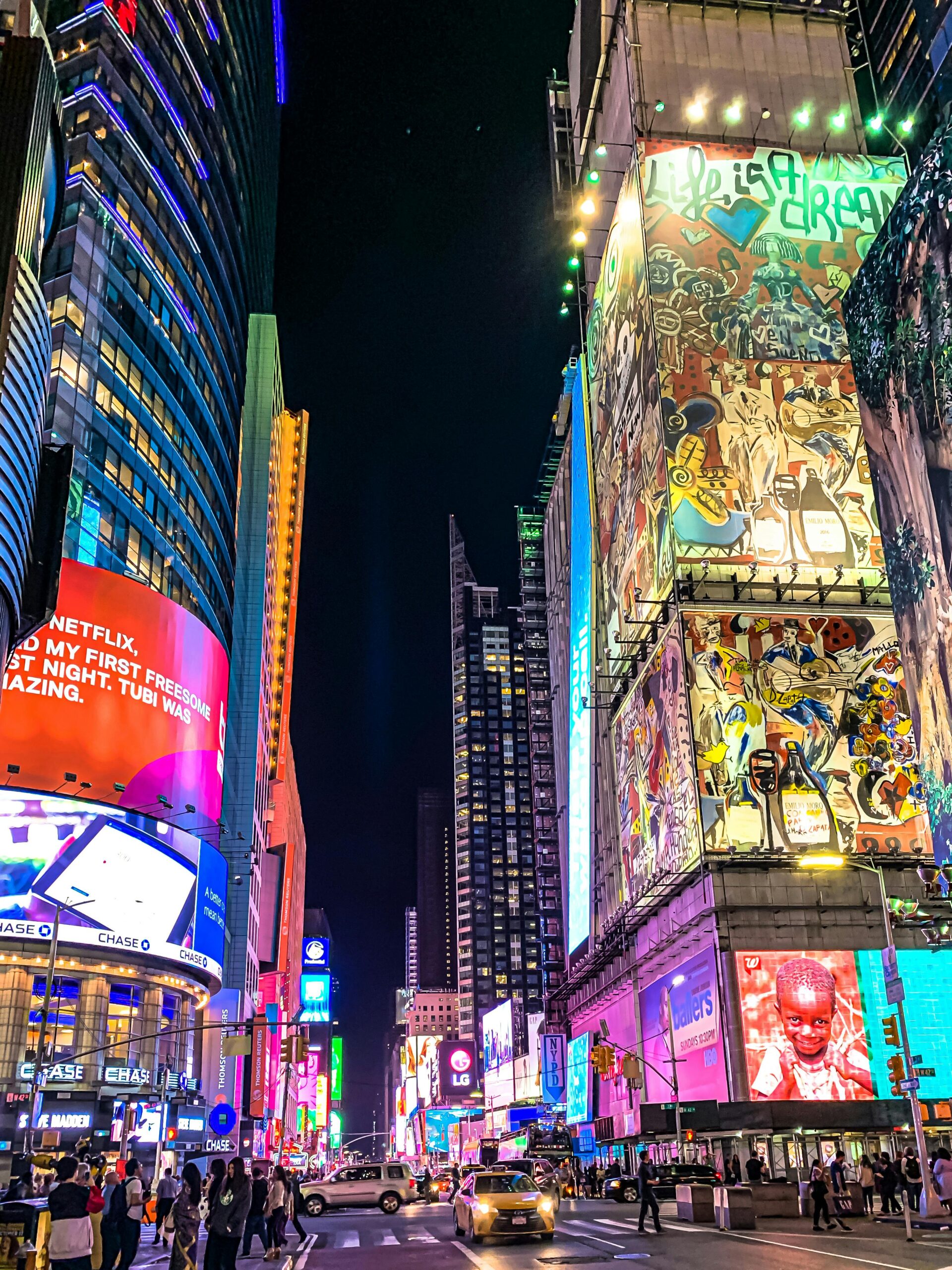The entertainment industry in the United States is a multifaceted powerhouse that significantly influences various aspects of American life, culture, and economy. From movies and music to television and digital media, the industry’s reach extends far beyond mere entertainment. This blog explores the profound impact of the entertainment industry in the USA, examining its cultural significance, economic contributions, and societal effects.
Cultural Influence
The American entertainment industry has played a pivotal role in shaping global culture. Hollywood, as the heart of the film industry, is synonymous with cinematic excellence and storytelling. American films set trends, establish norms, and provide narratives that resonate with audiences worldwide. Iconic movies like “The Godfather,” “Star Wars,” and “Titanic” not only entertain but also reflect and shape societal values and issues.
Music, too, serves as a powerful cultural force. Genres such as jazz, rock, hip-hop, and pop have roots in American history and have evolved to influence global music trends. Artists like Elvis Presley, Michael Jackson, and Beyoncé have not only redefined music but have also become cultural icons, inspiring countless individuals across generations.
Television is another vital aspect of the entertainment industry that impacts American culture. Shows like “Friends,” “The Simpsons,” and “Game of Thrones” have not only provided entertainment but have also influenced social conversations, often addressing critical issues such as race, gender, and sexuality.
Economic Contributions
The entertainment industry is a significant driver of the U.S. economy. In 2021, the industry contributed over $800 billion to the GDP, highlighting its substantial economic footprint. This includes film production, music sales, live performances, and the burgeoning video game sector.
Job creation is another critical aspect of the entertainment industry. Millions of Americans are employed in various roles, from actors and musicians to behind-the-scenes professionals like directors, writers, and technicians. Additionally, ancillary industries such as tourism, hospitality, and retail benefit from the entertainment sector, creating a ripple effect that boosts local economies.
The rise of digital streaming platforms has revolutionized the entertainment landscape, leading to increased accessibility and consumption. Companies like Netflix, Hulu, and Amazon Prime Video have not only created new job opportunities but have also changed how content is produced and consumed. This shift has democratized entertainment, allowing independent creators to reach global audiences without traditional barriers.
Social Impact
The entertainment industry is a powerful platform for social change. Through storytelling, artists can address pressing social issues, challenge stereotypes, and promote inclusivity. Movements like #MeToo and Black Lives Matter have found resonance within the industry, prompting discussions around gender equality, racial justice, and representation.
Documentaries and biopics shed light on historical events and underrepresented communities, fostering empathy and understanding among audiences. Films like “13th,” which explores the history of racial inequality in the United States, and “The Social Dilemma,” which examines the impact of social media on society, provoke important conversations that extend beyond the screen.
Moreover, the entertainment industry has increasingly embraced diversity and inclusion, both in front of and behind the camera. This shift not only enriches storytelling but also ensures that a broader range of voices and experiences are represented in mainstream media.
Conclusion
The impact of the entertainment industry in the USA is profound and far-reaching. It shapes cultural narratives, drives economic growth, and influences social change. As the industry continues to evolve, embracing new technologies and platforms, its role in American society will only grow more significant. The entertainment industry is not just about providing leisure; it is a vital force that reflects, challenges, and shapes the world we live in. As consumers and creators, we must recognize and harness this power to foster a more inclusive, diverse, and equitable society.















Leave a Reply